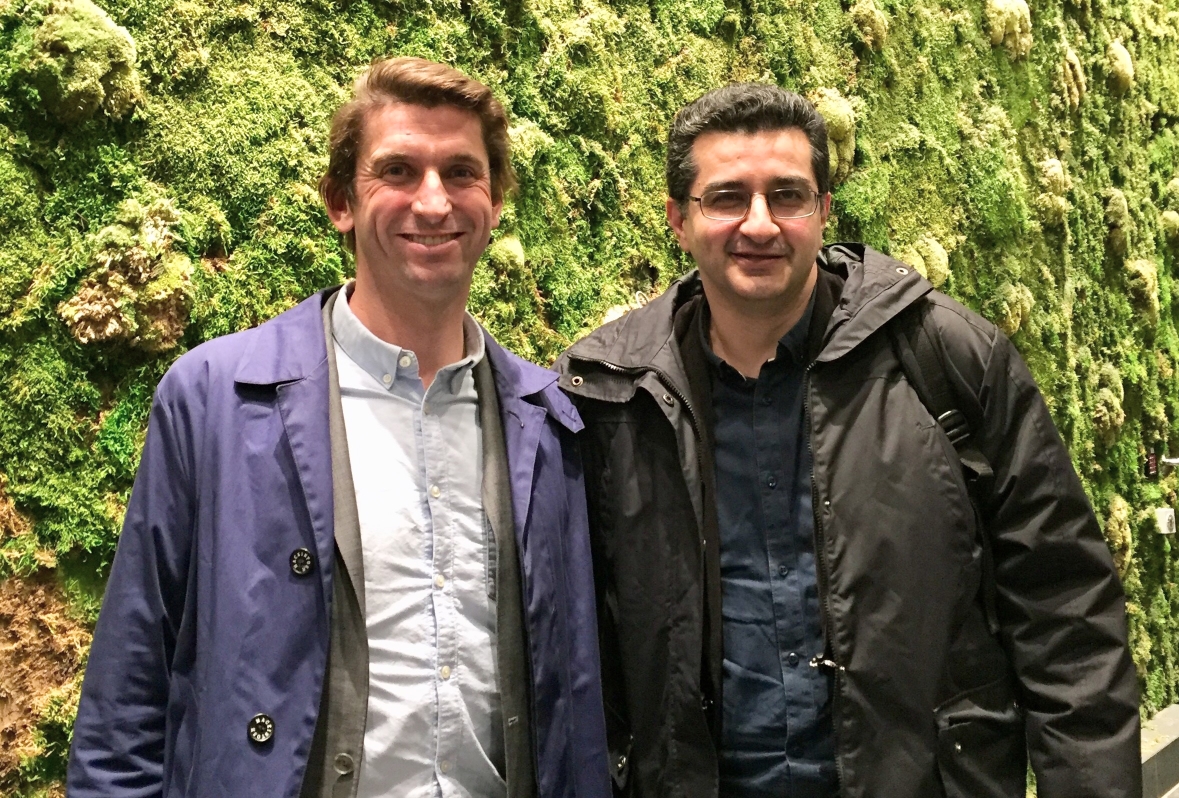MgSafe is a European Training Network within the framework of Horizon 2020 Marie Skłodowska-Curie Action (MSCA) 2018. The coordinator of MgSafe is Regine Willumeit-Römer. Within this action, 15 Early Stage Researchers (ESRs) address the optimisation of imaging technologies for biodegradable magnesium implants. Two ESRs will work in Oslo. The others ESRs will work in academic institutions in Sweden, Austria, Poland, Germany, Italy and Switzerland.
The aim of the project is to promote patient safety by a novel combination of imaging technologies for biodegradable magnesium implants. Ageing populations, an ever‐increasing incidence of obesity and a rapid rise in osteoporosis‐related fractures, along with increasing high‐risk sport activities make improvements in implants used in orthopaedic interventions imperative. So far, these indications are typically treated with non‐degradable metal implants, which commonly require surgical removal after complete bone healing. From the health care and patients’ point of view, degradable implants provide a viable, cost effective and patient friendly alternative. In 2013, the first degradable metal implant made from a Mg‐alloy (compression screw of partner Syntellix) was CE certified and has since been implanted into several 100 patients.

